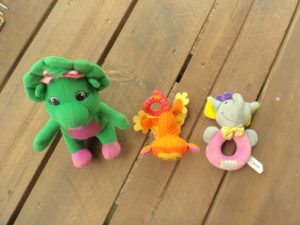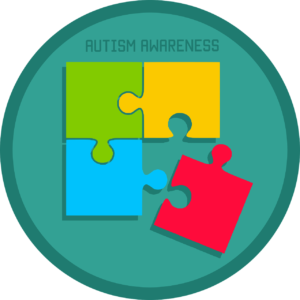How to know if your child has Asperger syndrome
One of the hardest forms of autism to diagnose is that of Asperger Syndrome. This type of disorder has only been around fairly recently, within the last 70 years, and is often a disorder that can be easily misunderstood and not treated with the correct amount of care and thoughtfulness as some other disorders. Generally you will find that Asperger sufferers face troubles when it comes to social interacting with other people and not really relating well to social situations and cues around people. Despite this lack of social skills, Asperger sufferers will be able to communicate in great length about their favourite subjects with ease and will often show some outstanding knowledge in all different areas. They also generally will have a higher vocabulary than most other children which also can make things harder to diagnose.
Common traits of a child with Asperger Syndrome
While a lot of people can sometimes look down at a child with autism, it’s sometimes the opposite for children with Aspergers’s. These children are sometimes referred to as being ‘little professors’ due to their vast knowledge of all types of different subjects that they obviously care lots about. They can also quote numerous types of facts and figures in regards to their favourite topics and they often find themselves talking constantly about these to make up for their lack of communication and social skills in all other areas. One such situation where a child will have difficulty in a social situation can come with understanding jokes, as the child may take the joke too literally and will not understand that it is actually an attempt at humour and not something else. You may hear that Asperger is sometimes called autism spectrum disorder or ASD; however this is not the case as both are separate conditions with similar traits.
Here is a checklist for you to go over to see if your child potentially has Asperger Syndrome
Social Interaction:
- Children can initiate conversation and interactions with other people but have difficulty in maintaining it and sustaining the interaction they have created
- They may begin conversation and interaction with people in regards to topics that are of a great interest to them, but they will then show a difficulty in keeping up a conversation about a topic that has nothing to do with their interests or show any form of interest in what other people have to say and talk about.
- They can have difficulty maintaining eye contact and will always assume things told to them are the truth and take things literally all the time
- They will have an easier time interacting with adults and older people rather than children and younger people.
- They will have difficulty or complete lack of showing emotion or any form of empathy towards others.
Language & Communication:
- They can be extremely verbal and do things such as labelling every item in a room
- Put words together and your usual development stage at around the two years old mark.
- They will talk a lot about their own personal interests with other people, strangers or friends.
- Talk in a fairly monotone and flat voice
- They will answer questions about topics that interest them but not talk about or answer questions that have no interest to them at all.
Persistent and Repetitive Behaviours
- They will seem to be almost like an encyclopaedia on specific topics that interest them and be generally obsessed with whatever topics they love
- They love to follow rules and routines very strictly and promptly
- They don’t like change too much and will react badly when change occurs
If you are concerned that your child has these symptoms then you should always seek out support and get help as soon as possible. The earlier a child receives help then the sooner they can get some great conditioning for the syndrome and help them live a more effective and happier life with the condition.



